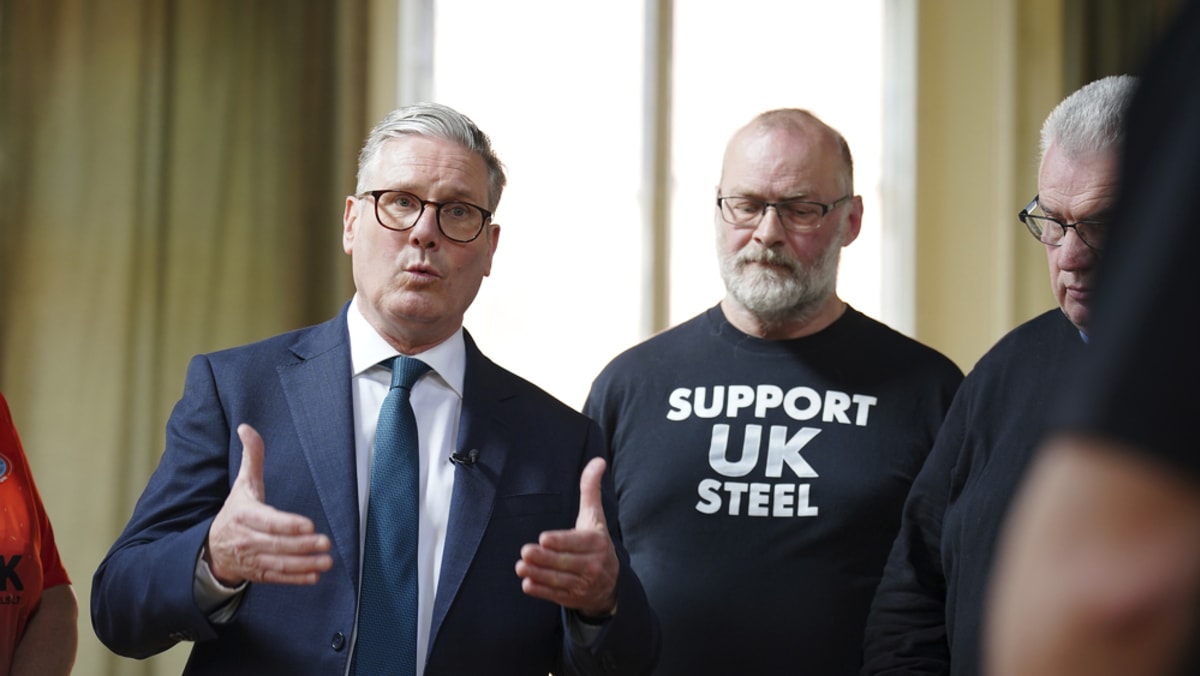But he said the scope of Saturday’s legislation was more limited, it “does not transfer ownership to the government”, he explained, saying this would have to be dealt with at a later stage.
Ministers have said no private company has been willing to invest in the plant.
The Chinese owners have said it is no longer financially viable to run the two furnaces at the site, where up to 2,700 jobs have been at risk.
Jingye bought British Steel in 2020 and says it has invested more than £1.2 billion (US$1.5 billion) to maintain operations but is losing around £700,000 ($916,000) a day.
Reynolds said “the effective market value of this company is zero,” and that Jingye had wanted to maintain the operation in the UK but supply it with slab steel from China to keep it going.
The Labour government came under fire from the opposition Conservative party for its handling of the negotiations and faced calls from some left-wing politicians to fully nationalise the plant, while unions also urged the government to go further.
Reynolds explained the government had sought to buy raw materials to keep the furnaces running with “no losses whatsoever for Jingye”, but met with resistance.
Instead Jingye demanded the UK “transfer hundreds of millions of pounds to them, without any conditions to stop that money and potentially other assets being immediately transferred to China”, he said. “They also refused a condition to keep the blast furnaces maintained.”
